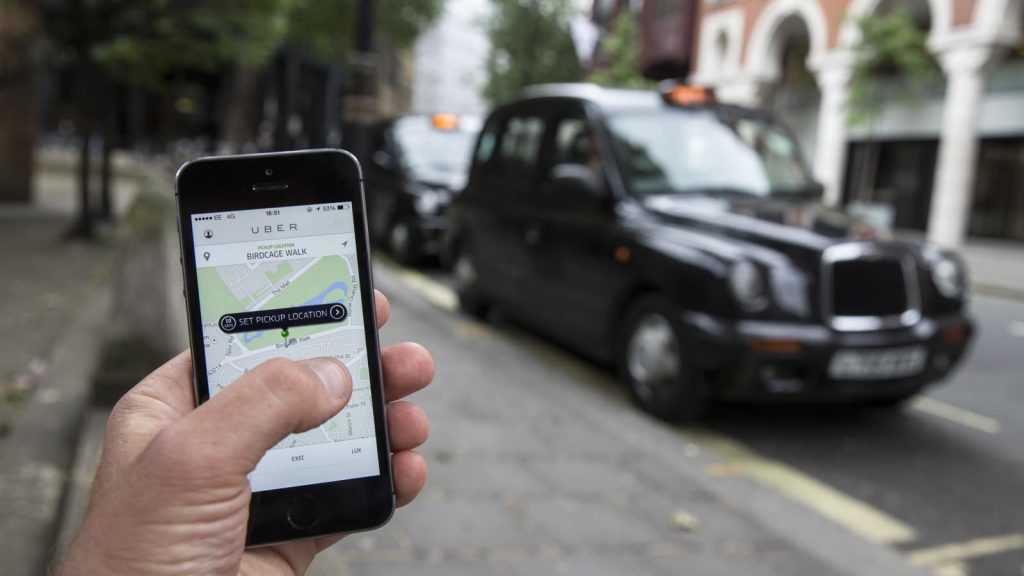
On the heels of losing a major labor battle in the United Kingdom, Uber will reclassify all U.K.-based drivers as workers.
Under the new designation, more than 70,000 drivers will receive some benefits, including minimum wage, holiday time and pension contributions, but they will not get full employee benefits.
Uber announced the change in a Securities and Exchange Commission filing, adding that its U.K. ride-hailing business accounted for 6.4% of all mobility gross bookings in the fourth quarter of 2020.
While the move will increase Uber’s costs in the U.K., the company is still targeting adjusted EBITDA profitability by year-end.
Earlier this year, Uber lost a major legal battle in the U.K. around this issue. The country’s Supreme Court upheld a ruling that a group of drivers were workers, not independent contractors. While the decision applied to a small group of drivers, thousands more have taken action against the company.
In an op-ed in The Evening Standard, Uber CEO Dara Khosrowshahi wrote that following the Supreme Court ruling, “we could have continued to dispute drivers’ rights to any of these protections in court. Instead, we have decided to turn the page.”
“I know many observers won’t pat us on the back for taking this step, which comes after a five-year legal battle,” Khosrowshahi said. “They have a point, though I hope the path that we chose shows our willingness to change.”
Meanwhile, Uber and the gig economy as a whole is facing regulatory challenges around the globe. Uber has spent millions battling those challenges in other regions.
In California, Uber pushed back against Assembly Bill 5, a gig-economy law passed by the state legislature in 2019 that tightened the rules for classifying workers as independent contractors.
After a widespread campaign, costing over $200 million — the most expensive ballot measure in the state’s history — Uber and a handful of other gig-economy companies persuaded voters to support a ballot measure called Proposition 22, which exempted Uber and other gig-economy platforms from state employment law.
In turn, gig workers received some benefits without full employment status. Some of the additional costs of providing benefits were passed on to ride-hailing customers.
























